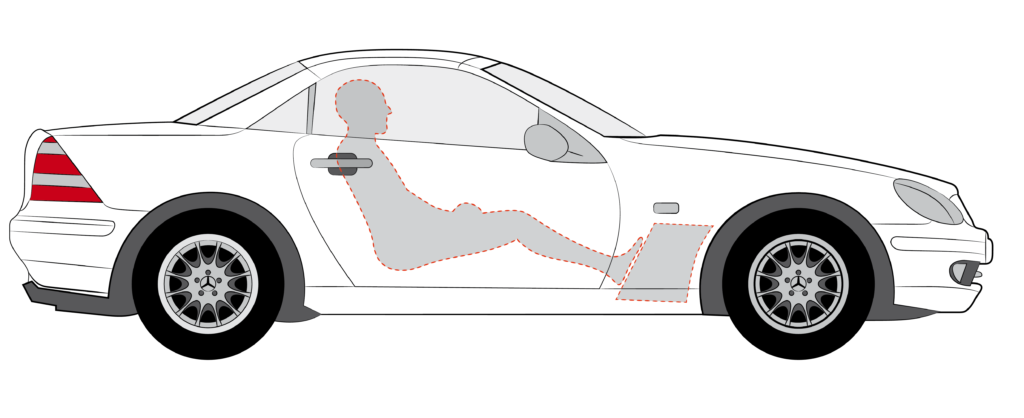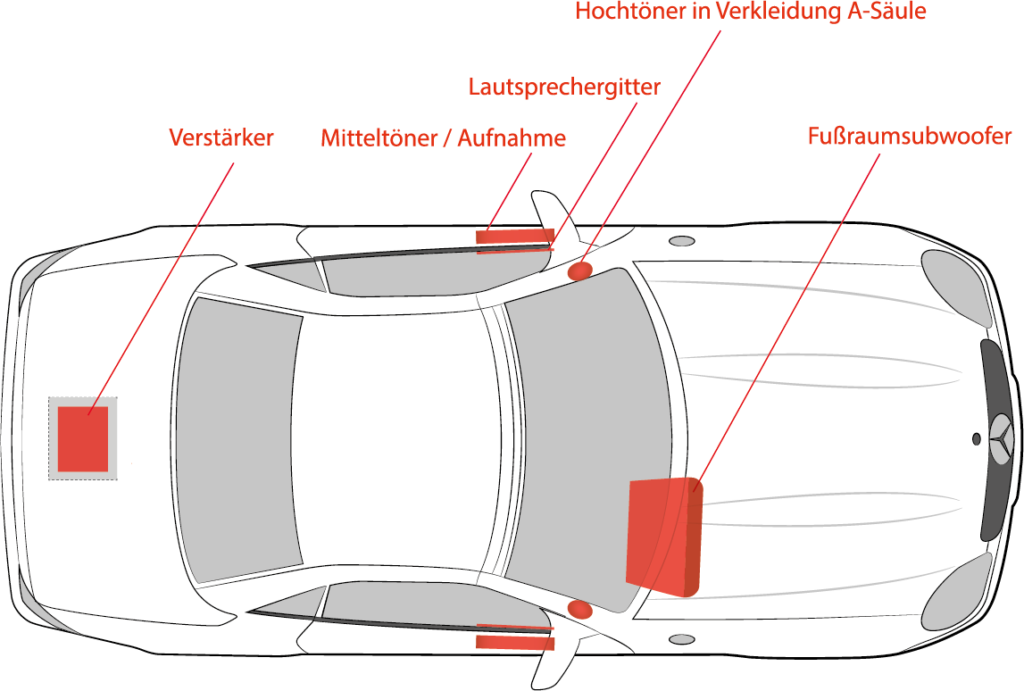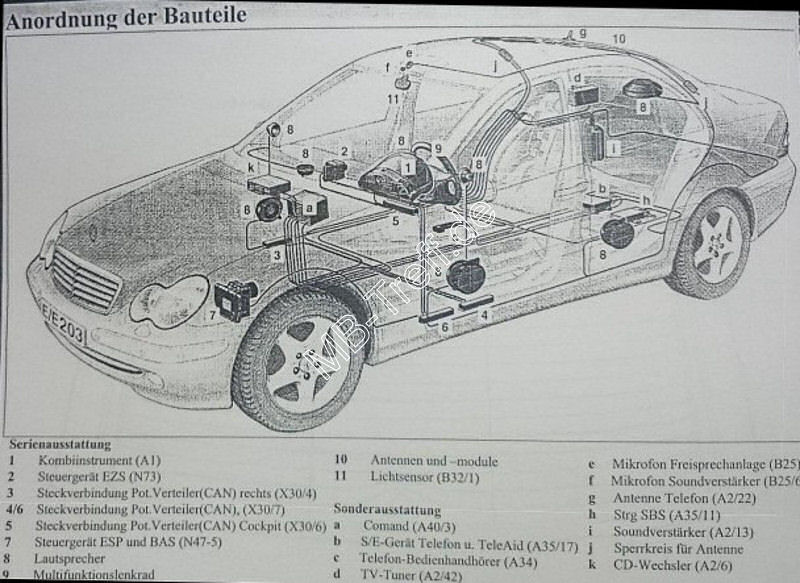
Installing Speakers in Mercedes Benz SLK R170 Einbau Speaker Rückwand Mercedes Benz SLK 230 R170 - YouTube

Slk R170 Bose Soundsystem komplett und voll funktionstüchtig in Niedersachsen - Oldenburg | Auto Hifi & Navigation Anzeigen | eBay Kleinanzeigen

Mercedes SLK R170 Bose Soundsystem Abdeckung in Bad Grund (Harz) - Windhausen | Ersatz- & Reparaturteile | eBay Kleinanzeigen




















